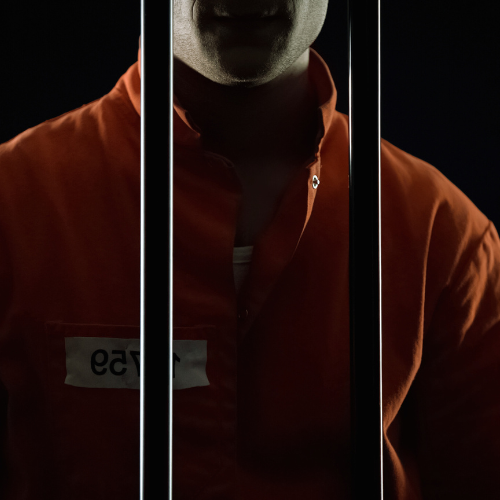Wrong Convictions in The State of Texas
According to the Innocence Project of Texas, they estimate that between 3000-9000 individuals are currently serving time for a crime they did not commit. To date, the Innocence Project has been responsible for the release of 30 people, who served collectively 424 years in jail – all based on wrongful convictions.

So the question is, what contributes to these wrongful convictions and what can we do about it? Wrongful convictions often result from a combination of factors, and since every criminal case is different, it is difficult to assert that one factor contributes more often than others. That being said, some factors that either singularly or in combination attribute to wrongful criminal convictions are as follows:
Eyewitness Misidentification.
Eyewitness testimony is often heavily relied upon in criminal cases. However, eyewitness testimony is known to be susceptible to errors and biases.
Stress and emotional state can impact someone’s ability to accurately recall what they saw. Additionally, memories can be distorted or altered over time, and witnesses can suffer from confirmation bias. Confirmation bias is where eyewitnesses are misled by others, sometimes even by law enforcement and prosecutors.
These challenges should cause law enforcement, prosecutors, and more importantly, juries to consider the credibility and reliability of eyewitness accounts very closely.
Misconduct by Law Enforcement or Prosecutors.
Sometimes law enforcement and prosecutors cut corners or do not follow the law. Sometimes they engage in unethical or illegal behavior by using improper techniques or withholding evidence.
Faulty Science.
Despite what the movies, Netflix, or TV shows portray, there are still unknowns when evaluating cases scientifically. Misinterpretations in forensic evidence analysis, such as fingerprint analysis, blood splatter evidence, digital forensic analysis, medical opinions, or DNA testing can result in wrongful convictions.
Bias.
There is no doubt that biases affect how law enforcement and jurors perceive and treat individuals.
It is important to have legal representation by a criminal defense attorney that understands the law and what factors to be on the lookout for. A good criminal defense attorney can safeguard your rights, provide legal expertise, prepare a strong defense, negotiate on your behalf, and support and fight for you during a very stressful time. It can significantly impact the outcome of your case and ensure that you receive a fair and just process.









